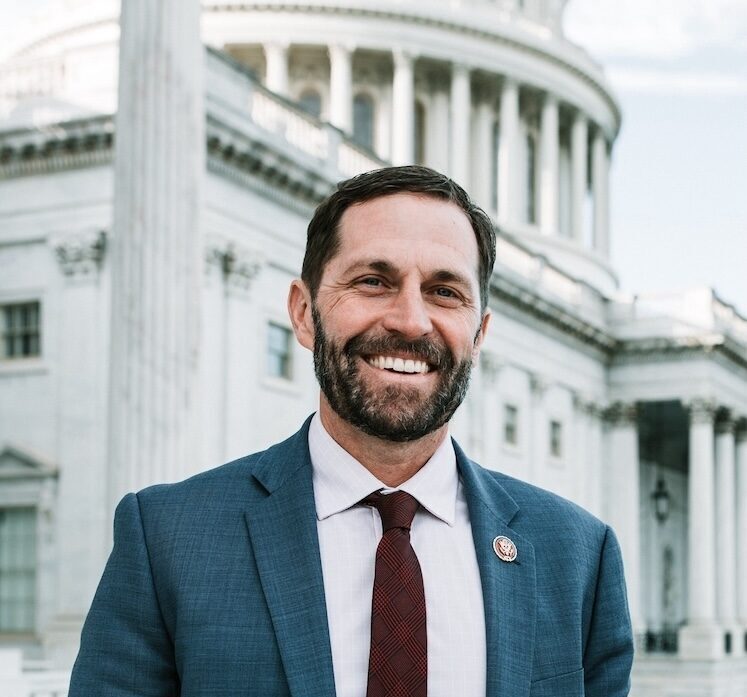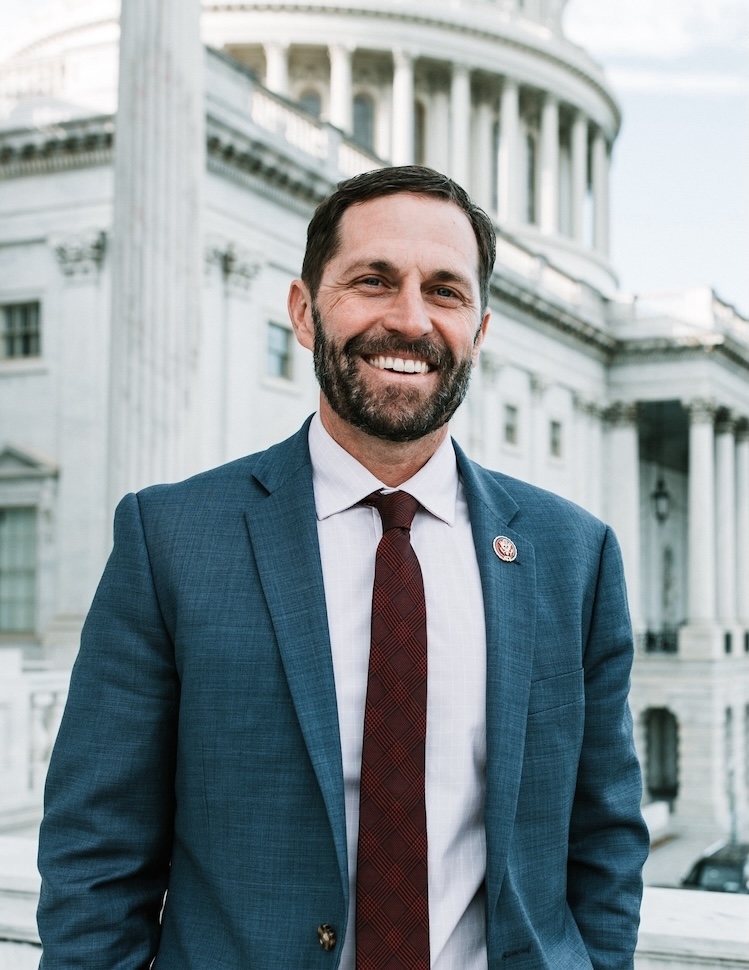Africa
Mozambique bans protests
Officials in Mozambique have banned protests after the country’s elections. Protests have taken place in the past month, leaving several people dead and dozens injured. They started after last month’s disputed presidential election, won by Frelimo, the party who has controlled Mozambique since 1975.
TikTokers arrested in Uganda
At least two Ugandans were detained for insulting the country’s president and his family on TikTok. The group is accused of hate speech and spreading malicious information against the first family and musicians. The two men, who are age 21 and 28, denied the charges. Last year, the United States accused Uganda in a report of restricting internet freedom through the use of criminal punishments.
Asia
Eight killed at Chinese school
Eight people were killed while 17 others were injured because of a stabbing incident outside a school in eastern China. The suspect, a 21-year-old man, allegedly carried out he attack after failing to earn his diploma because of poor test scores. Police said the suspect confessed to the crime “without hesitation.”
Delhi closes schools
Officials in Delhi announced that all primary schools will be closed because of air pollution. Students will now take classes online until further notice because of a thick smog that has spread throughout the city. India faces smog each year during the winter because of dropping temperatures, smoke, dust, low wind speeds, and vehicle emissions.
Europe
Ukraine struggles with blackouts
Ukraine President Volodymyr Zelensky said a “massive” Russian missile and drone attack damaged the country’s power infrastructure. The country’s largest private energy company said its thermal energy plants had significant damage, causing blackouts across the country. Meanwhile, at least 10 people were also killed in the strikes.
Women candidates on the ballot in Ireland
Data from Women for Election shows that a record number of women candidates are registered to stand in this month’s general election in Ireland. At least 247 women are running for seats in the country, marking a 53% increase from the last election in 2020. Ireland’s elections are set to take place on Nov. 29.
Latin America
One person killed at Brazil’s Supreme Court
Officials in Brazil said a man who tried to attack the country’s Supreme Court in Brasilia died after allegedly detonating explosives he was carrying. Brazilian leaders said the incident was a deliberate attack, and nobody else was injured. Police are investigating the possible motive behind the attack.
Dozens of people freed in Venezuela
At least 100 people have been freed in Venezuela after being arrested during the summer after the country’s presidential election. In total, 107 political prisoners were released. Over the summer, Venezuela President Nicolas Maduro was declared winner of the country’s presidential election. But that claim has been widely rejected by the international community. Shortly after the election, protests erupted across the country.
North America
Plane struck by bullet in Texas
Authorities in Texas said a flight with passengers onboard was struck by gunfire as it was preparing to take off. The incident occurred at Dallas Love Field Airport, and the flight was set to depart to Indianapolis. Police are investigating the shooting, and nobody was injured. No other details have been formally released about the incident.
Malcom X family sues FBI, CIA and NYPD
The family of Malcom X, a Black civil rights activist who was killed in 1965, has sued the FBI, the CIA and the New York Police Department. His family accuses the organizations of having roles in his death. The lawsuit reads that the groups were involved in the plot and failed to stop the killing. Malcom X was killed when three armed men shot him 21 times.




















